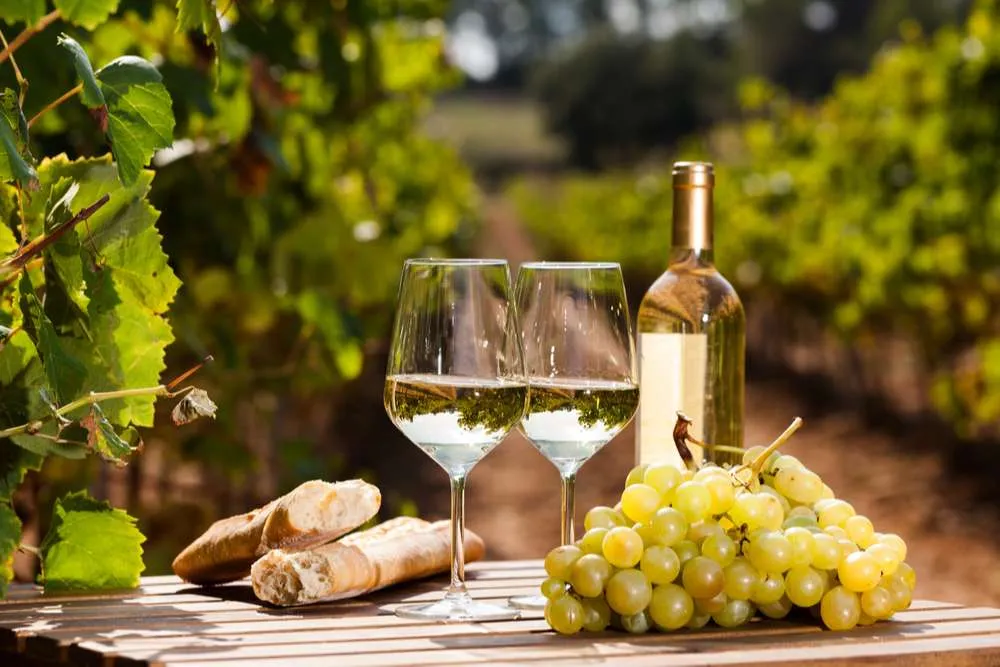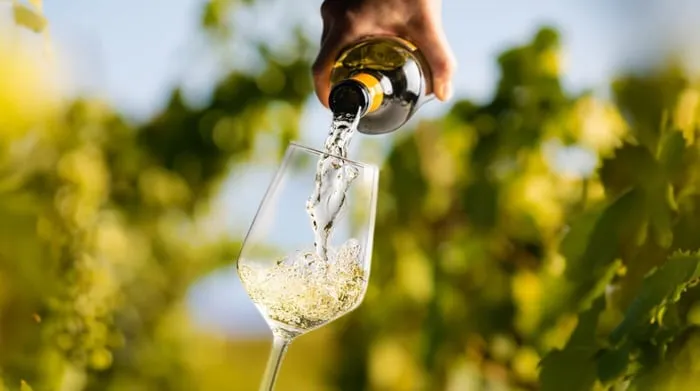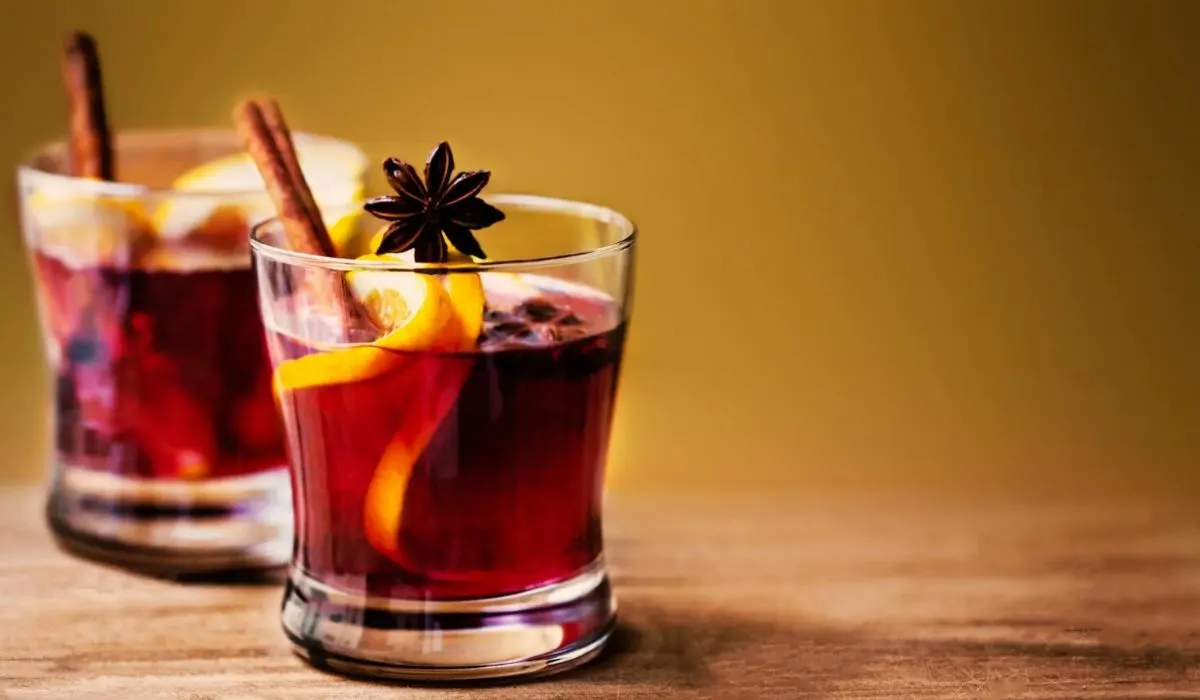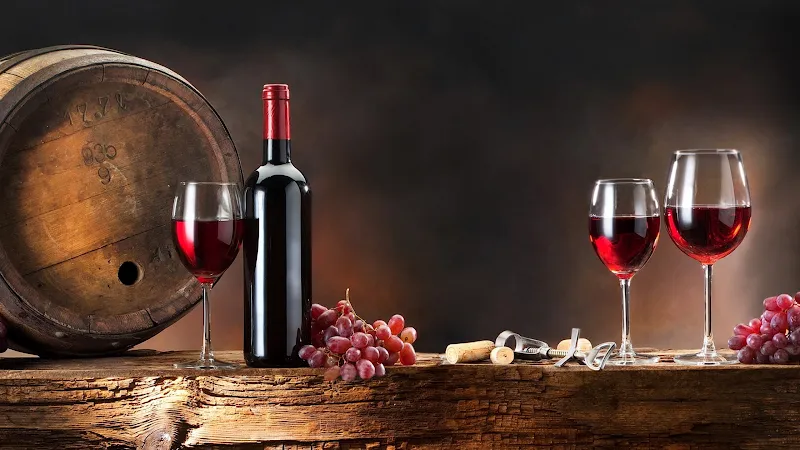“We will soon be able to welcome you again with open arms.
You’ll soon be able to marvel at our landscapes,
feel our sun on your face and share in our lifestyle.
Until then, look after yourselves and those around you.
Thank you for your support.”
This quote from the Spanish National Tourist Office on its US website tries to convey an upbeat attitude toward the reopening of the Spanish economy after a seven-week lockdown. The stark reality facing Spain’s tourism sector however, is a lot less optimistic, at least in the short term. According to the World Travel and Tourism Council, tourism accounts for 14.3 per cent of Spain’s GDP, the largest percentage in Europe, with most travel taking place between April and September.
Spain’s administrative division into seventeen autonomous regions is currently a hindrance for attracting tourists. Travel from May 11 (stage 1 of the loosening of restrictions) will only be allowed within one’s home province. Because the Rioja wine district is located in three provinces (La Rioja, Álava and Navarra), a wine tourist living in La Rioja is today unable to visit a Rioja winery in the province of Álava just across the Ebro river. Today, government plans indicate that interprovincial travel (stage 3 or 4, depending on the province) will probably be allowed towards the end of June, but these plans, dictated by politics as much as scientific evidence, change on a daily basis.
the old model of wine tourism (Photo: Tom Perry)
There is no timetable for opening international borders, so wineries plan to cater to local, and eventually national tourists for the foreseeable future.
This somber picture has not deterred Rioja wineries from staying close to their customers, selling their products online, educating consumers, carrying out extraordinary acts of solidarity and preparing for the “new normalcy”.
Before COVID-19, online sales directly from wineries to consumers took place mostly in winery tasting rooms. Today online sales are part of the “new normal”. This new sales channel is especially helpful to small and medium sized wineries whose business to the hotel, restaurant and bar trade has dried up. Great deals abound and shipping is free or subject to a small minimum purchase.
The Rioja Regulatory Board has created a website www.temerecesunrioja.com (You deserve a Rioja) that offers 15,000 free visits to 70 wineries as well as an interactive buying guide for direct purchases from wineries or from online wine merchants.
Rioja wineries have taken advantage of Spain’s prolonged confinement to produce videochats featuring winemakers, media personalities, virtual tours and online tastings. Among the most interesting is a lecture series on Instagram Live about grapevine maladies created by the Vivanco Museum of Wine Culture and Bodegas Valdemar’s wine tasting and wine and food matching course that includes access to a video and six bottles of wine designed to be enjoyed at home. Valdemar has created Momentos Valdemar, a project designed to make wine culture easy to understand and enjoy. The company philosophy is summed up on the Momentos website: “We’ve been made to believe that to drink wine you almost have to be a sommelier, but that’s not true.”
Wineries have quickly understood that in times of crisis, unselfish acts are of vital importance. Bodegas Marqués del Atrio and Viñedos de Aldeanueva were among the first companies here to use their connections in China to import and distribute personal protective equipment for healthcare workers in hospitals. The Osborne group, parent company of Rioja wineries Bodegas Montecillo, as well as Pernod-Ricard are using their distilling facilities to make sanitizing gel.
Bodegas Lecea and Bodegas Murua are two of the Rioja wineries offering free visits to healthcare workers once wineries are allowed to open. José Masaveu, general manager of Masaveu Bodegas, owner of Murua explains, “When you’re up against this situation you can do one of two things. Be a spectator or act, within your possibilities, getting involved in the fight against the coronavirus.” Murua, along with other wineries, restaurants, chefs and wine personalities, has donated bottles of its high-end wines to a charity auction to benefit activities organized by the Spanish Red Cross.
How are Rioja wineries preparing for the “new normal”? The clear consensus among those consulted is that they will learn as the situation evolves, and that wine tourism activities will be adapted to smaller groups with an emphasis on providing a safe experience.
Cristina Pérez, PR manager of Marqués de Riscal explains, “When faced with the uncertainty we’re experiencing, we’re forced to reinvent ourselves and learn on our own” and adds, “we have to be able to receive visitors in a safe environment”.
Luis Alberto Lecea of Bodegas Lecea brings up the interesting point that even though wineries can prepare for wine tourism under the new normal, they can’t be sure about the expectations of the “new” wine tourist. Consequently the winery is preparing several scenarios.
Natalia Bermejo, wine tourism manager for the CVNE group that includes CVNE, Viña Real and Contino emphasizes that their wineries have a number of different spaces and activities geared to visitors with diverse interests, so there is no need to “change the script”. However, a major responsibility for the group is making sure that their visitors feel safe by pursuing certification of their properties as Covid-free, by providing sanitized glassware and snacks wrapped in individual packages and using disinfection methods to assure that visitors aren’t carriers of the virus.
Blanca Baños, managing director of Bodegas Bohedal recently announced that the winery will open its outside terrace on May 11, provided that La Rioja is authorized to go to stage 1 of the unlocking protocol. Even though the terrace is large enough to accommodate groups of visitors at the maximum 50% capacity dictated by the protocol, she expects that arrivals will initially be from the winery’s hometown of Cuzcurrita del Río Tirón, mostly to provide a place to meet for the small businesses in this village that relies almost exclusively on tourism.
Marta Gómez, the PR manager for the Pernod Ricard Winemakers Spain – owner of Campo Viejo, AGE and Ysios – sums up the group’s philosophy in one word: resilience. “We’ve been working hard from the very beginning of the crisis for that great day when we can once again open our wineries to visitors.” “…very well-thought out plans and sanitary measures so that each visitor to our wineries will be safe and protected, and be absolutely sure that we’ve thought about each and every detail to protect their health”.
María José López de Heredia, managing director and member of the fifth generation of R. López de Heredia Viña Tondonia, offers a sober reflection about the current situation, in keeping with her family philosophy, in place since the company’s founding in 1877:
“…At the present time, and out of respect for the innumerable amount of people who are suffering, our plan is “Patience”, respect, prayers for those who have died and efforts to responsibly protect our families, our employees and our potential visitors as well. We cannot encourage them to visit us when we cannot guarantee their safety, our attention and therefore, their enjoyment.”
“…But from now on we believe that all of us have learned another lesson and this is that in addition to developing ‘wine tourism’ from a strictly economic point of view, we winery owners have the moral obligation to contribute improvements and worthwhile thoughts to society. Nature, on which we all depend so much and wineries even more for obvious reasons…has taught us a huge lesson about humility; it has proved to humans that we don’t control it. We must love it, take care of it, understand it and we have to do it not only with words but with commitment and with action.”
-Tom Perry, Inside Rioja
















